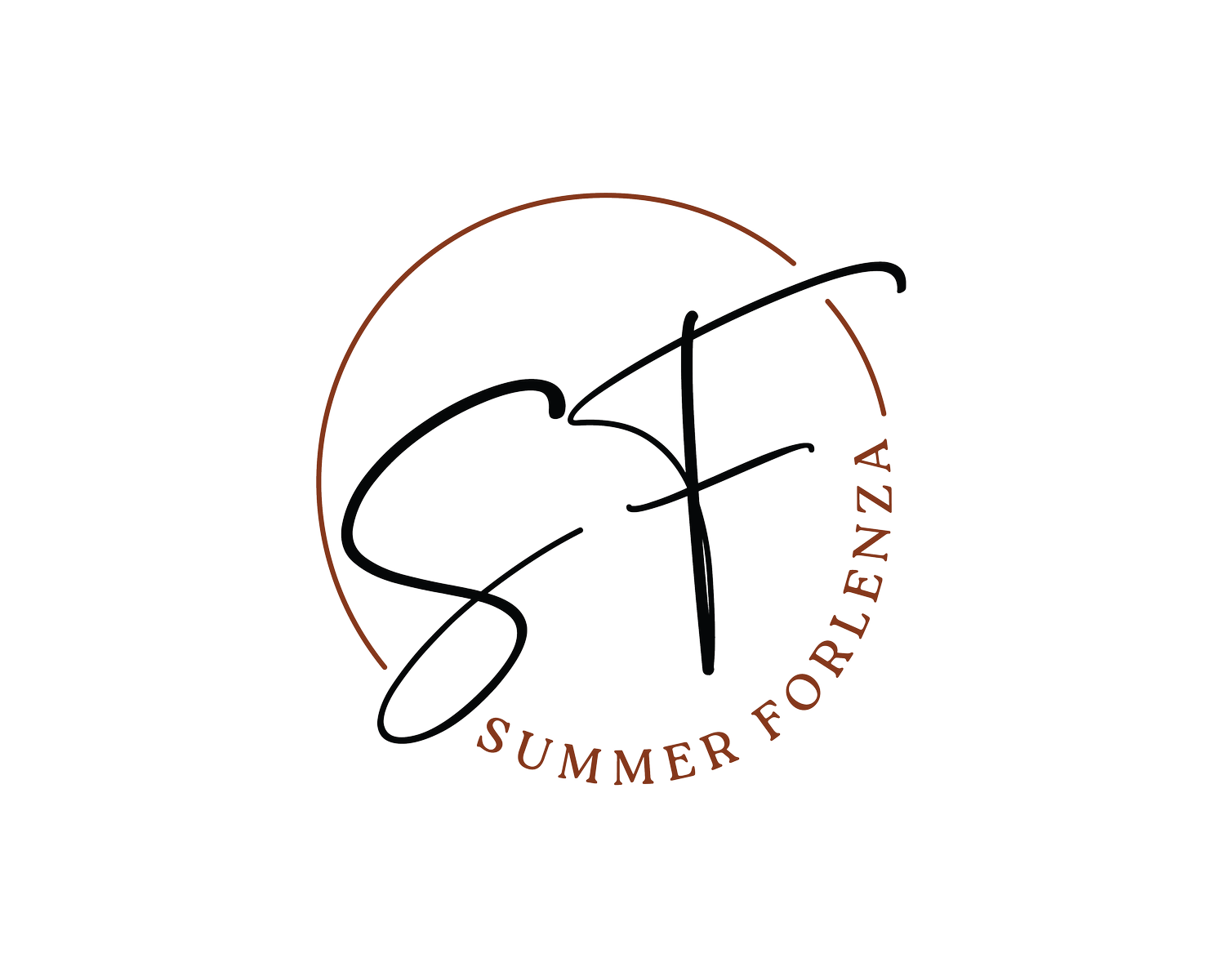Generational Curses or Setting Down the Burdens from the Past
How can we honor the people who came before us and the ways they survived their circumstances without carrying their burdens into our own lives?
In Internal Family Systems therapy, we explore the concept of burdens. Burdens are maladaptive (or negative) beliefs and emotions that we pick up as the result of traumatic experiences.
Some examples include:
Intense fear of failure and the belief that failure is unsafe
Consistent self-neglect and the belief that you are not deserving of comfort
Self-hatred and the belief “I’m not good enough” or “I’m not lovable”
Workaholism and the belief that “I need to focus on making money at any cost because that will keep me safe.”
Sometimes we come by these burdens throughout our own lives, but other times they are passed along to us intergenerationally. For example, many people who come from families who were forced to flee violence and oppression and start over from nothing carry the burden of prioritizing money and status because that was literally essential to ensure the family’s safety at the time.
I love working with clients to explore which parts of their own intergenerational burdens are still realistic and helpful and which parts are no longer yours to carry.
We can honor where these beliefs come from and the circumstances that our ancestors had to survive without carrying those beliefs into our own lives.
I hope that you are able to honor and respect your history while staying grounded in the present.
What I'm Reading:
“Feeling the Urge: Using Ecological Momentary Assessment to Test the Relationship of Interoception With Disordered Eating and Nonsuicidal Self-Injury” by Elizabeth A. Velkoff and April R. Smith
This peer-reviewed journal article beautifully illustrates the protective nature of connecting to your body. The basic takeaway is that having a strong connection to your body sensations and experiences helps to prevent self-harm and eating disorder behaviors (both of which are extremely common in trauma survivors).
You can download the article here or check out my Instagram Reel explaining my takeaways here.
What I'm Listening To:
HonesTEA time with Danielle Ruhl
Danielle was on the last season of Love Is Blind and in this interview, she discusses the impact of trauma and trauma therapy on her relationship. She also goes into the difference between boundaries and avoidance. I found myself agreeing with so much of what she had to say - I love to hear public figures destigmatizing mental health treatment and recovery!
This beautiful love song All I Need to Hear by the 1975
One last thing! I’m working on creating content that really meets the your needs. It would be so helpful if you gave me 2 minutes of your time to answer a few questions!


